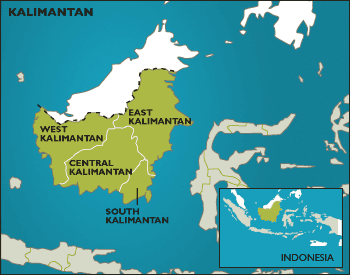- Home
- About
- Campaigns
- Regions
- Themes
- Agrofuels
- Climate justice
- Coastal communities and fisheries
- Disasters
- Economy & debt
- Energy
- Foreign investment
- Forests & forest fires
- Human rights
- Indigenous Peoples
- International Financial Institutions
- Land and food security
- Laws & regulations
- Mining, oil & gas
- Plantations
- Politics & democracy
- REDD
- Regional autonomy
- Transmigration
- Water and dams
- Women
- Publications
- Links
- Contact
Campaign
Theme
- Agrofuels (6)
- Climate justice (14)
- Coastal communities and fisheries (10)
- Economy & debt (20)
- Energy (12)
- Foreign investment (65)
- Forests & forest fires (81)
- Human rights (64)
- Indigenous Peoples (81)
- International Financial Institutions (24)
- Land and food security (49)
- Laws & regulations (41)
- Mining, oil & gas (62)
- Plantations (65)
- Politics & democracy (19)
- REDD (6)
- Regional autonomy (21)
- Transmigration (9)
- Water and dams (7)
- Women (11)
Kalimantan

